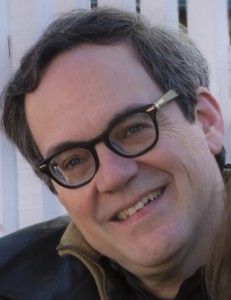 Any composer’s work can be appreciated both for its connections to historical antecedents and for the way it reflects a distinct artistic voice. Some music leans more heavily to the former, some to the latter.
Any composer’s work can be appreciated both for its connections to historical antecedents and for the way it reflects a distinct artistic voice. Some music leans more heavily to the former, some to the latter.
In talking about my music, I tend to focus on connections to my forebears. I could just as easily emphasize things that are specific to our time, but I don’t for a number of reasons, not all of which are particularly rational or practical.
For one thing, I tend to assume that the contemporary elements in my music are so obvious they don’t need a highlighter. The truth is, although they are obvious to me, I know that they aren’t necessarily obvious to listeners. In that sense, I do my listeners a disservice by portraying my work in a way that doesn’t necessarily reflect the way it is heard.
No desire to do my listeners a disservice, but I seldom feel comfortable portraying myself as an innovator. I just think too much attention is paid to innovation at the expense of other artistic values. The Who Did It First approach to listening, to me, is an easy way to look at art. It’s a statistical, as opposed to an esthetic, perspective. I suppose if I were a music critic, charged with ingesting and describing gobs of music, I would be more interested in Who Did It First because, after all, it is a handy shortcut for making distinctions.
I don’t envy critics their jobs – I’ve toyed with music criticism a few times and I’m terrible at it. So if innovation is their currency of choice, I have no qualms with that. You gotta do what you gotta do.
And I gotta stay mum about innovations, because I just don’t find them as interesting as other facets of my work.
